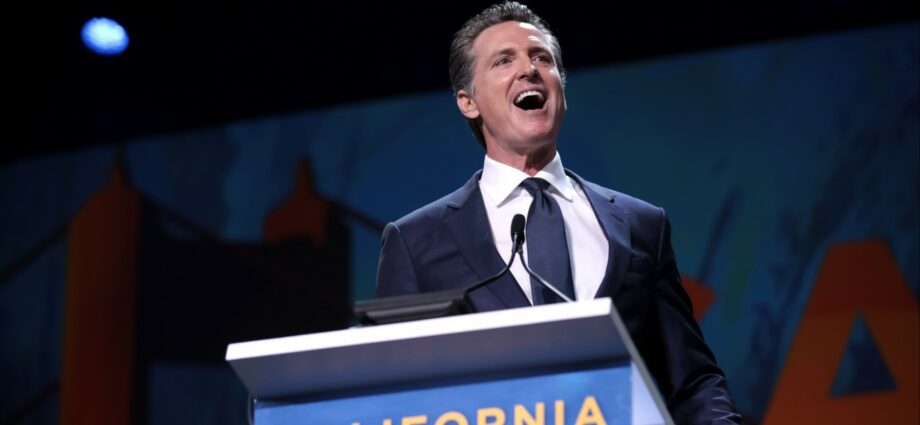Every year from 1992 to 2021, Americans have been more likely, or as likely, to support the Democratic Party than the Republican Party, according to Gallup polls. But now, for the first time in three decades, popular sentiment has flipped. The Associated Press reported that an estimated 1 million voters switched to the GOP in 2021, and according to a May 2023 Gallup survey, just 43% American adults now identify as or lean Democratic, compared to 46% who identify as or lean Republican.
The shift away from the Democratic Party as a whole is likely, at least in part, a reflection of waning confidence in the Biden Administration. A recent Gallup poll puts President Joe Biden’s job approval rating at just 39%, well below his all-time high of 57% in early 2021. And with both the presidency and control of Congress at stake in the 2024 election, this trend should be sounding alarm bells in the Democratic Party. (Here is a look at Biden’s approval rating in every state.)
In stark contrast to public opinion of the president, however, Democrats in executive positions at the state level remain relatively popular. Currently, 24 of the 50 state governors are Democrats, and among them approval ratings range from 42% up to 63%.
Using survey data from Morning Consult, a public opinion research company, 24/7 Wall St. identified America’s most and least popular Democratic governors. We ranked all 24 Democratic state governors by their 2023 approval rating. Ties were broken by disapproval ratings, and in cases where governors shared the same approval and disapproval rating, the governor with the largest survey sample size ranked higher.
Notably, four of the 24 Democratic governors on this list hold office in states that tend to vote Republican in national elections. In fact, two of the five most popular Democratic governors – Andy Beshear of Kentucky and Laura Kell of Kansas – lead states that Donald Trump handily won in the 2020 presidential election. (Here is a look at the most, and least, effective presidents in American history.)
There are several reasons it is not uncommon for minority parties to win state gubernatorial elections. For one, governor races typically focus on local issues such as education, crime, or infrastructure, and candidates have more room to distance themselves from national party leaders, like Biden. Minority party gubernatorial candidates can also adopt more moderate positions and appeal to a larger cross section of voters.
Click here to see the approval rating for every democratic governor in America.
Click here to see our detailed methodology.
Sponsored: Find a Qualified Financial Advisor
Finding a qualified financial advisor doesn’t have to be hard. SmartAsset’s free tool matches you with up to 3 fiduciary financial advisors in your area in 5 minutes. Each advisor has been vetted by SmartAsset and is held to a fiduciary standard to act in your best interests. If you’re ready to be matched with local advisors that can help you achieve your financial goals, get started now.
Source: Read Full Article

